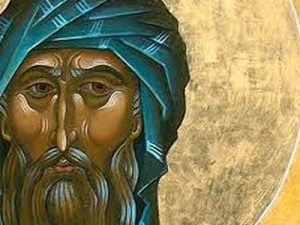 [be sure to watch the video linked below]
[be sure to watch the video linked below]
Why is the Seventh Ecumenical Council important to Christians? Is the consideration of the Council relevant to us today? This council was held in Nicaea, Asia Minor in AD 787 under the presidency of Empress Irene and history tells us that 367 bishops were present. It is also called Second Council of Nicaea.
The Iconoclast Controversy: The very heated debated centered around the use of icons in the Church and the controversy between the iconoclasts and iconophiles. The Iconoclasts (“icon-smashers”), started by the Emperor Leo III, were suspicious of religious art especially sacred art that depicted Trinity, saints, biblical acts, and humans; they demanded that the Church rid itself of such art and that it be destroyed or broken (as the term “iconoclast” implies). Philosophically, the Iconoclasts were very likely influenced by the Jewish and Muslim thinking that prohibits the creation and use of sacred images. For them, the fear was idolatry —the worship of things over the worship of God. And we ought to avoid wrong and false worship.
The controversy over images spilled over into matters concerning what it means to say (1) that Jesus is the “image of the Father,” the Second Person of the Blessed Trinity,” and that we are redeemed. we are “persons”; and (2) that man and woman are persons (not mere individuals). Curiously, we are still fighting many of these issues in 2017.
The Church’s response: The people who love icons (“iconophilles”) believed that icons served to preserve the doctrinal teachings of the Church; they considered icons to be man’s dynamic way of expressing the divine through art and beauty. Iconophilles remind us that idolatry is wrong, and false. The veneration of icons is not false worship but images are not the problem. There is a difference between worship and veneration. We worship God (Father, Son, Holy Spirit) the creator of all things. We venerate (give honor to) the Cross, the saints, the Bible because these things and people are connected to Jesus Christ.